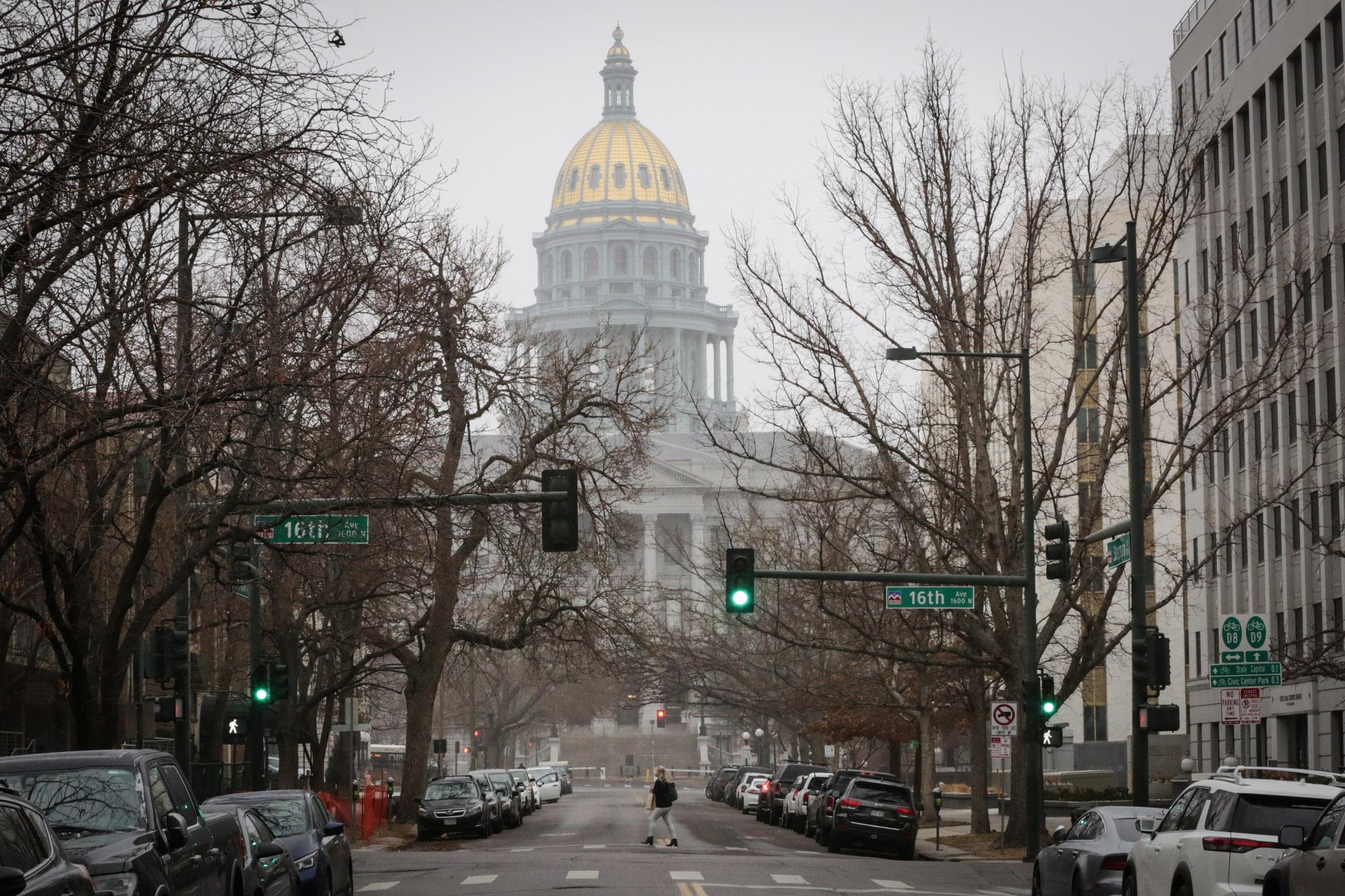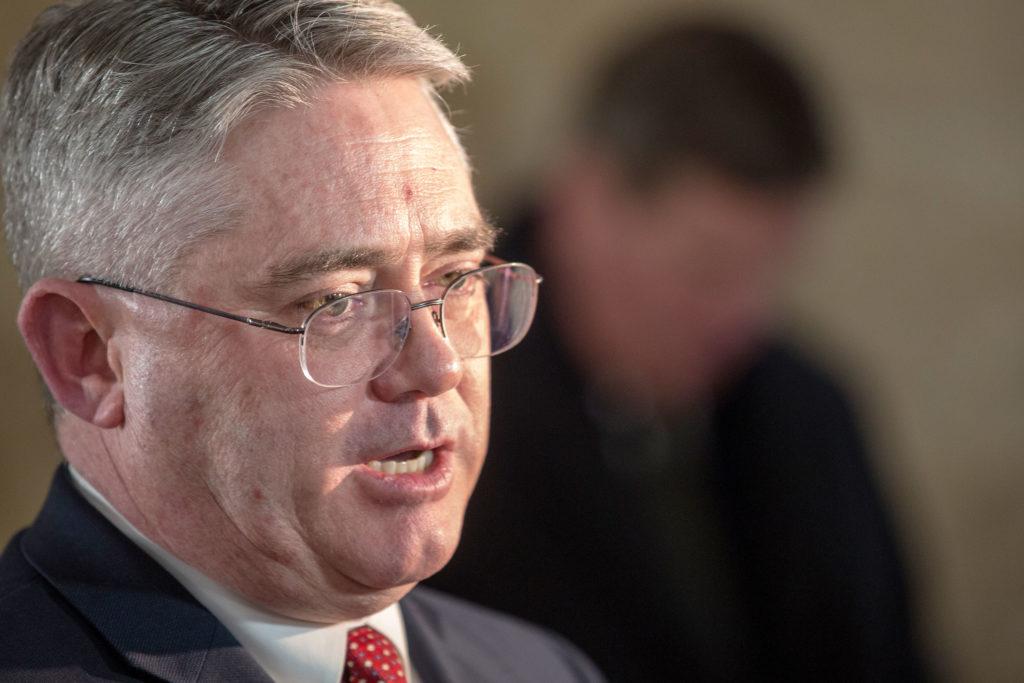
A bipartisan proposal would protect Colorado’s public health board members and others from efforts to harm their careers in retaliation for their policies.
Senate Minority Leader Chris Holbert calls it a way to fight back against “cancel culture.”
The bill passed the state Senate on Thursday. It was spurred by the experience of Linda Fielding, a member of the Douglas County Board of Health who also works as a radiologist.
After Fielding voted not to require masks in schools, the state received an anonymous complaint against her professional license. Fielding is a radiologist.
The state licensing agency “required me to respond to this complaint irrespective of its merit. I’ve been put to the trouble of engaging an attorney and over $3,000 in legal expenses,” Fielding said at a recent committee hearing.
The complaint amounted to “a disagreement on Dr. Fielding’s perspective on a mask mandate,” said Holbert. It mentioned only her general policy position against mandatory masking, not anything specific that she said — and certainly nothing to do with medical practice, according to Fielding.
“She is alleged to have provided medical advice that is contrary to science. If she did, then I think that El Paso County did before, and Gov. Polis was advocating for a similar policy after, and the city of Denver later joined them,” Holbert said, referring to the fact that Polis and those local governments have allowed mask mandates to lapse.

Holbert said that disputes about a public official’s policy views can be handled in a public forum, not by misusing a complaint process. Rep. Kyle Mullica, a Democrat who works as a nurse, cosponsored the bill because he worries that colleagues could face similar reprisals, even if it’s for different views.
The bill would require the automatic dismissal of anonymous professional complaints that were “based on words said or actions taken” in a person’s role as an elected official or a member of a public board of commission.
Fielding said that anonymous complaints can be abused to incur significant costs on public officials.
“It’s asymmetric. It costs an anonymous complainant nothing to file a complaint. They can file it at any time, about any meeting,” she said. But the complaints can’t safely be ignored, since they strike at a person’s livelihood.
This is the latest effort by lawmakers to protect the traditionally low-profile health figures who have become targets for public anger throughout the pandemic. Last year they passed a bill making it easier for public health workers to shield their personal information, to prevent doxxing.
Sen. Julie Gonzales, a Democrat, asked why the existing process couldn’t work, since professionals are given a timeline to respond to complaints. Later, she said that she was receptive to concerns about professional licenses, but also said that anonymous complaints can play an important role in rooting out bad behavior.
“I think there is a really important role for anonymous complaints, and the regulating agency should have the opportunity to review them,” she said.
The bill was amended to say that the protections wouldn’t extend to people who were working in their professional capacity when they took the action, and that they could face reprisal for giving specific medical advice.
The bill won unanimous support from the Senate last week. It goes next to the House.
“It could affect anyone … who is a health care official who then elects to serve as an elected official,” said Sen. Sonya Jaquez-Lewis, a pharmacist. “... If they have to worry about anonymous complaints to their license, to their way of making money, to their livelihood … we have a problem. So, let’s get this fixed.”









